This award aims to honor the contributions of groups and individuals and widely introduce the achievements and medical works of the Vietnamese health sector, jointly organized by the Voice of Ho Chi Minh City (VOH) and the Ho Chi Minh City Department of Health with the theme "Developing specialized health care".
On February 27, a representative of the University of Medicine and Pharmacy Hospital in Ho Chi Minh City said, "Percutaneous pulmonary valve replacement after surgical repair of tetralogy of Fallot" is a specialized medical achievement honored at the award ceremony with many advantages such as reducing risks in treatment and improving treatment quality.
In Vietnam, Ho Chi Minh City University of Medicine and Pharmacy Hospital is the first hospital to independently perform percutaneous pulmonary valve replacement on patients with pulmonary valve regurgitation. This technique has been implemented at the hospital since April 2023, performed entirely by Vietnamese doctors without support from foreign experts.
To date, the hospital has performed percutaneous pulmonary valve replacement in 8 cases. After the intervention, the patients do not need to stay in intensive care and can be discharged within 1-2 days. After that, the patients are periodically re-examined and closely monitored. The patients received good intervention, had no complications and their quality of life was significantly improved.
Percutaneous Pulmonary Valve Replacement: Reducing Risks, Improving Treatment Quality
Professor, Doctor, Doctor Truong Quang Binh, former Deputy Director of the hospital, Chairman of the Scientific Council of the University of Medicine and Pharmacy Hospital, Ho Chi Minh City, said that tetralogy of Fallot is a congenital heart disease characterized by four structural lesions in the heart. After surgery to repair tetralogy of Fallot, pulmonary valve regurgitation is one of the common natural progressions, causing dilation of the right heart chamber leading to tricuspid valve regurgitation, right heart failure, arrhythmia, and increased risk of sudden death. Therefore, patients need to be treated for pulmonary valve regurgitation by valve replacement to improve the process of right heart failure, limit the risk of arrhythmia and sudden death.
There are currently two methods of pulmonary valve replacement: open heart surgery and percutaneous intervention. In which, percutaneous valve replacement technique helps patients avoid a second major heart surgery (open surgery) to replace the heart valve, reducing the risk of complications due to open surgery. Therefore, Ho Chi Minh City University of Medicine and Pharmacy Hospital has pioneered the application of percutaneous pulmonary valve replacement in the treatment of patients.
Master, Doctor Dao Anh Quoc (Department of Pediatric Cardiac Surgery, University of Medicine and Pharmacy Hospital, Ho Chi Minh City), with this technique, doctors will use a metal frame shaped like a blood vessel (stent), on which an artificial heart valve is attached, all of which are reduced to a catheter. The tube is threaded from a large blood vessel in the thigh to bring the instrument right to the narrowed, leaky pulmonary valve. Through the background subtraction angiography system, the doctor will bring the instrument to the narrowed pulmonary valve, push the artificial valve out of the catheter. Then, the artificial valve pops out and functions like a normal heart valve.
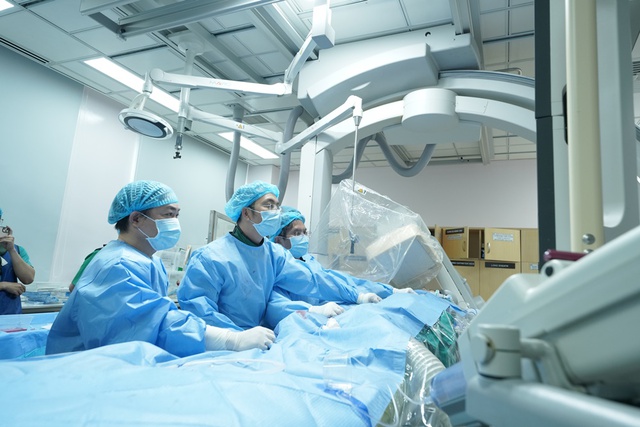
Doctors replace pulmonary valve through skin for children
MT
Support training and transfer of this technique to other medical facilities.
Associate Professor, Doctor, Doctor Nguyen Hoang Bac, Director of the University of Medicine and Pharmacy Hospital, Ho Chi Minh City, said that the method of percutaneous pulmonary valve replacement at the University of Medicine and Pharmacy Hospital, Ho Chi Minh City, not only opens a new direction in treatment but also brings hope to patients with pulmonary valve regurgitation after surgery to repair tetralogy of Fallot. This pioneering work is a big step forward in the management and treatment of patients, providing opportunities for minimally invasive treatment, reducing surgical risks, shortening hospital stays while still ensuring safety and effectiveness.
"In the coming time, the hospital will continue to promote the technique of percutaneous pulmonary valve replacement in treating patients and support training and technology transfer to medical facilities and other centers in Ho Chi Minh City as well as provinces and cities nationwide, helping more and more patients have access to this advanced method," Associate Professor Hoang Bac shared.
Source: https://thanhnien.vn/thay-van-dong-mach-phoi-qua-da-duoc-vinh-danh-thanh-tuu-y-khoa-2023-185240227115118969.htm








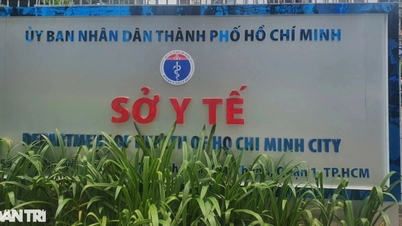



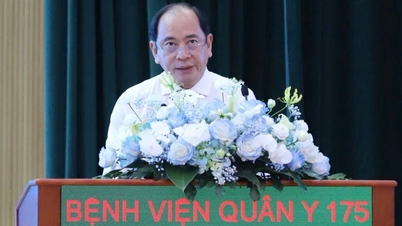

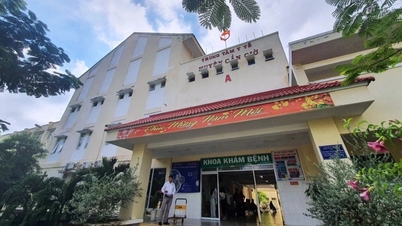





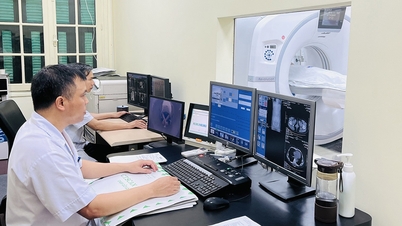







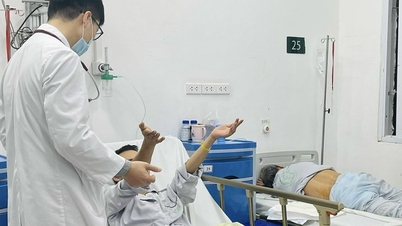


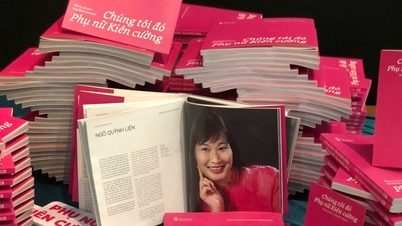
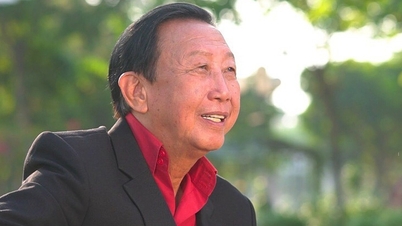

![[Photo] President of the Cuban National Assembly visits President Ho Chi Minh's Mausoleum](https://vphoto.vietnam.vn/thumb/1200x675/vietnam/resource/IMAGE/2025/10/1/39f1142310fc4dae9e3de4fcc9ac2ed0)
![[Photo] Keep your warehouse safe in all situations](https://vphoto.vietnam.vn/thumb/1200x675/vietnam/resource/IMAGE/2025/10/1/3eb4eceafe68497989865e7faa4e4d0e)








































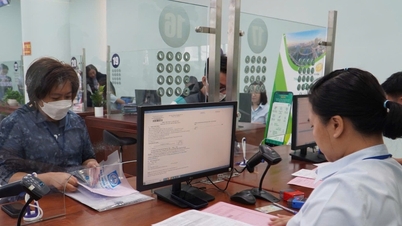


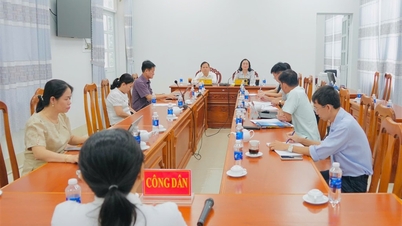
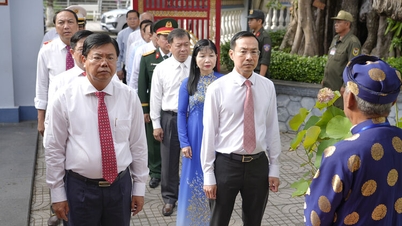

















Comment (0)